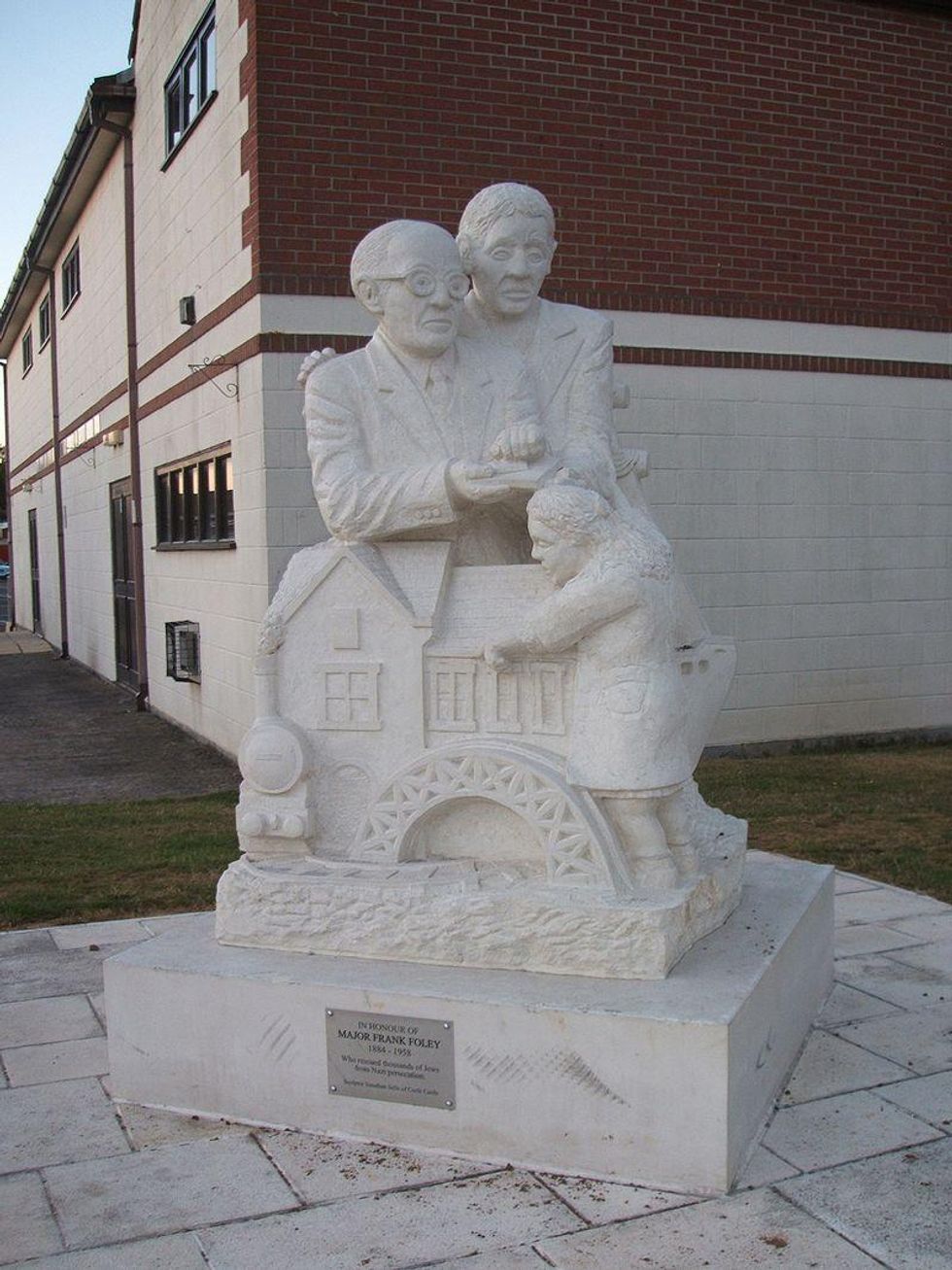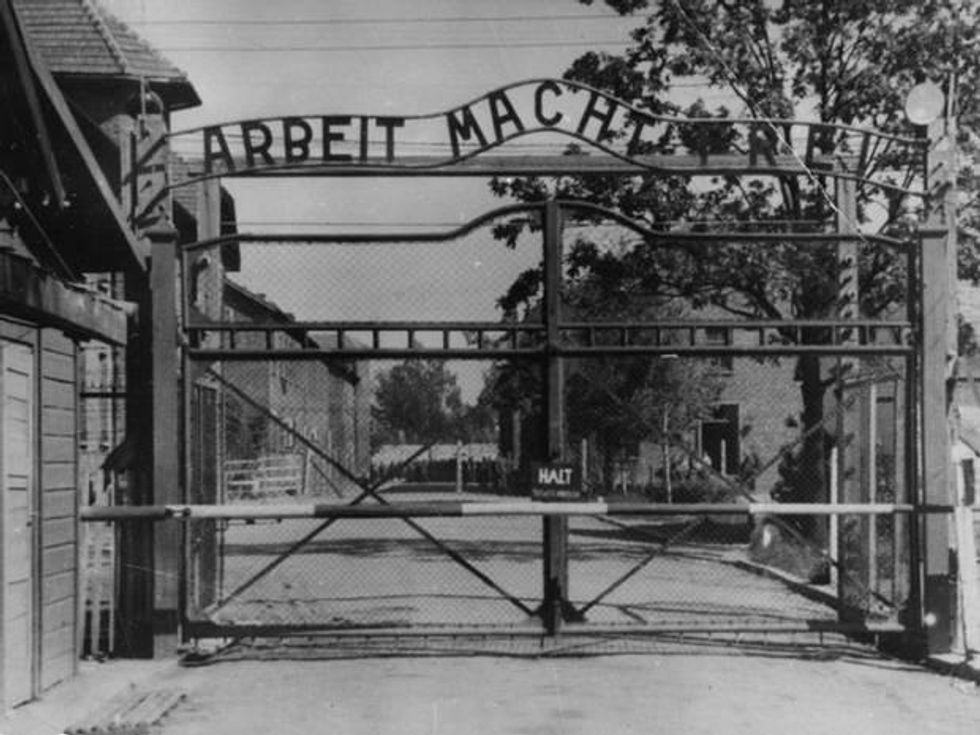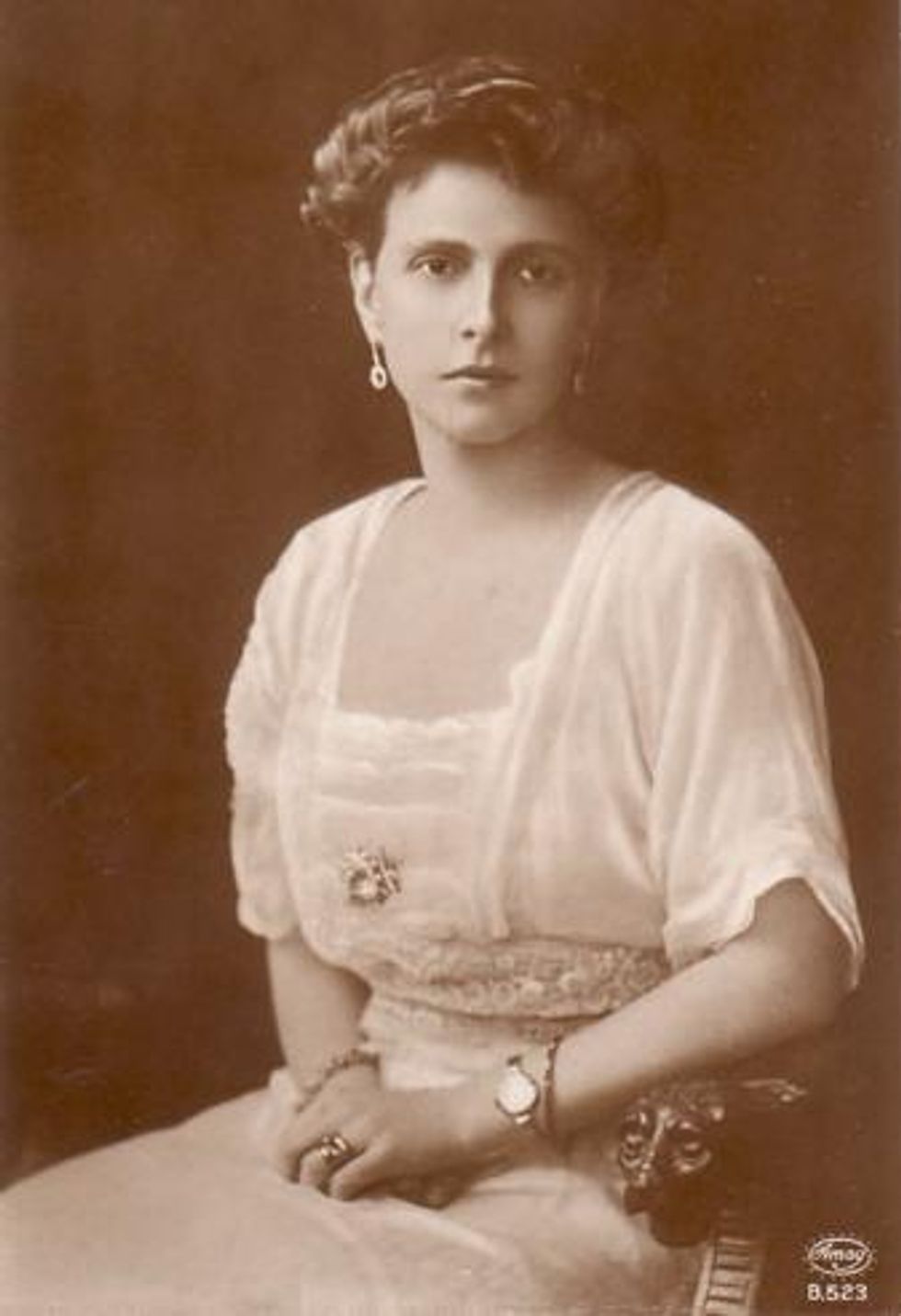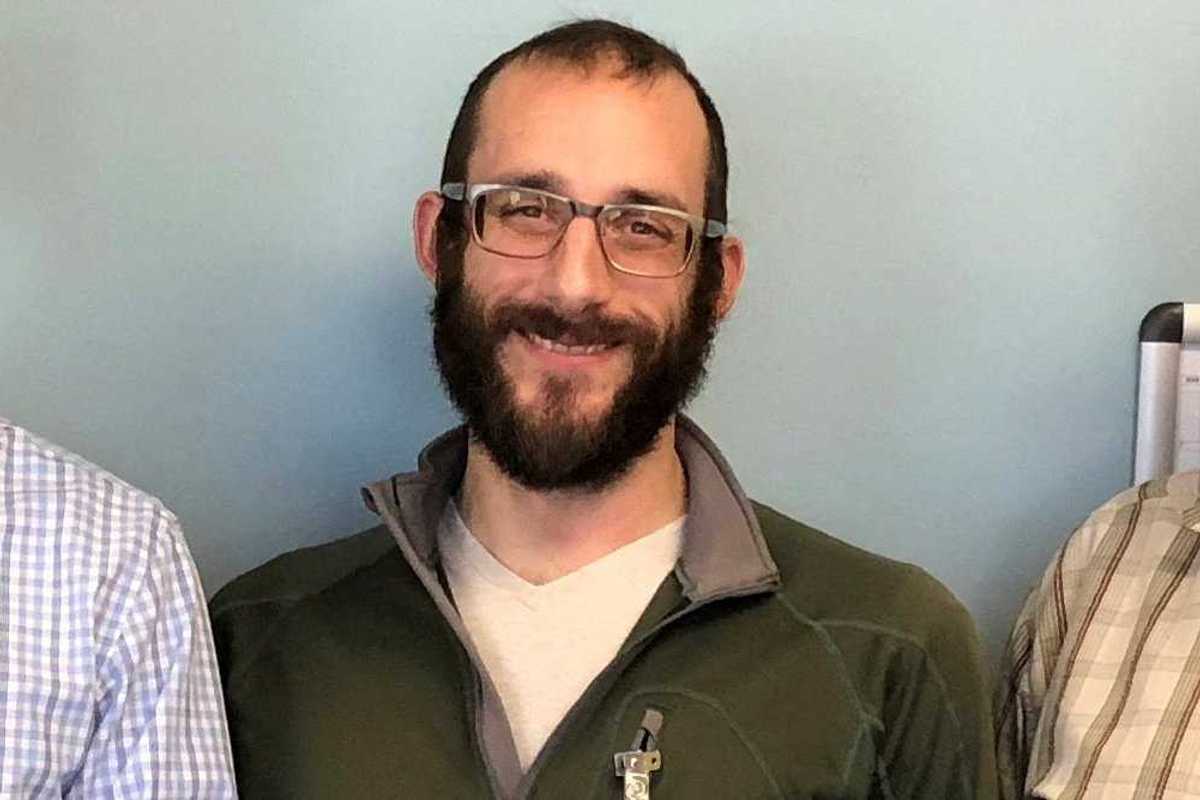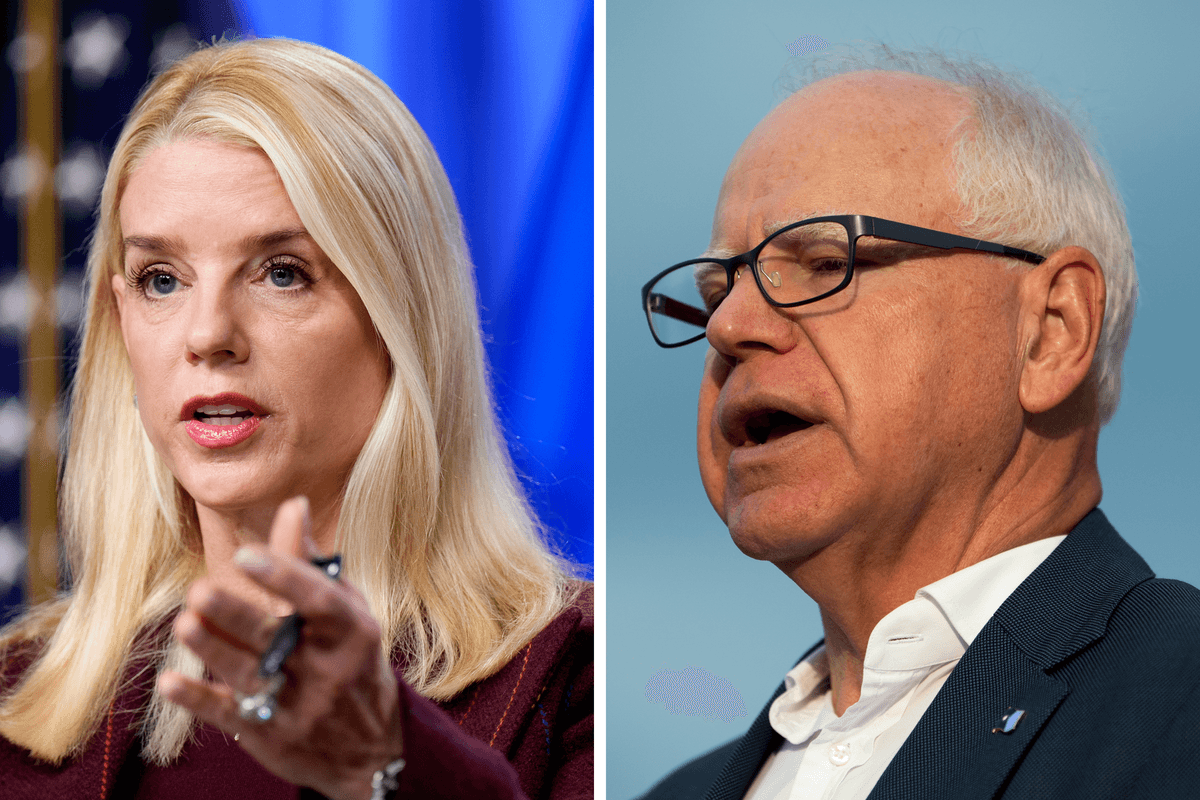Celebrities
Dina Rickman
Oct 29, 2014
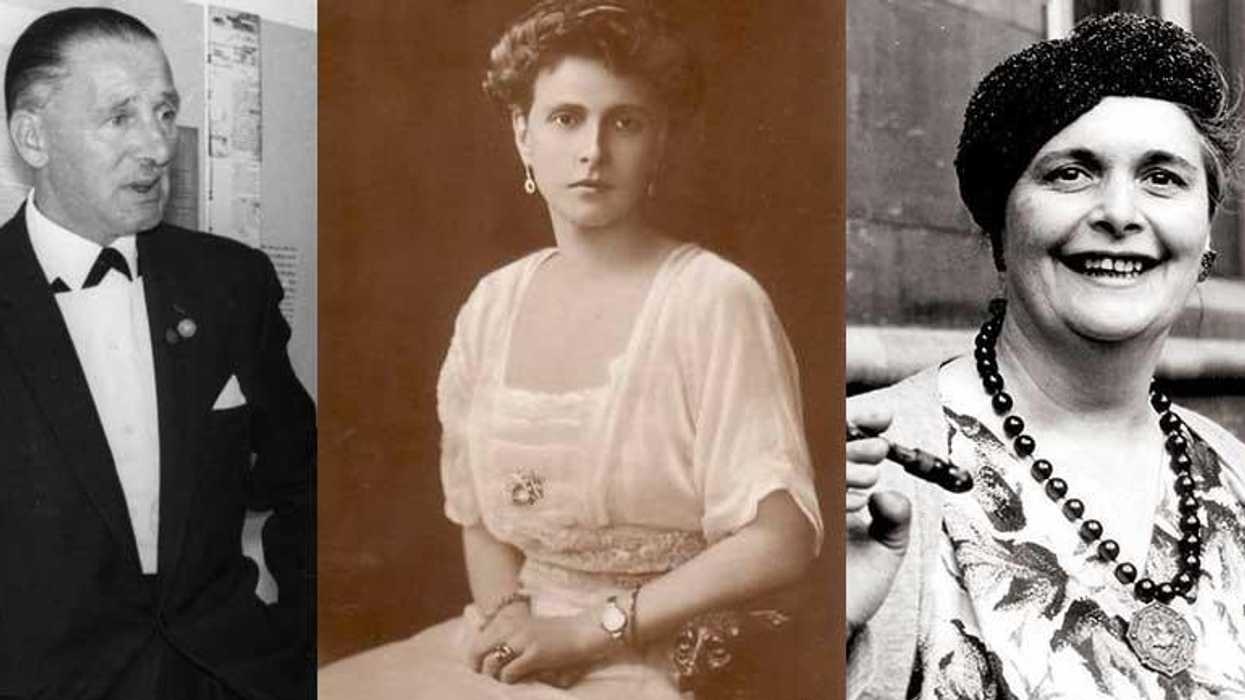
Charles Coward, Princess Alice and Sofka Skipworth
Sir Nicholas Winton, a man dubbed “Britain’s Oskar Schindler”, was awarded the Czech Republic’s highest state honour yesterday for saving 669 children, most of them Jewish, from the Nazis.
He was 29 when he organised eight trains from occupied Czechoslovakia to Britain in 1938. A ninth train carrying 250 children was stopped from coming to Britain when the war began. It’s believed those children did not survive.
The story of German industrialist and Nazi Party member Oskar Schindler, and that of the 1,200 Jews he saved, was immortalised in the Oscar-winning Schindler's List.
Yad Vashem, the Holocaust museum in Jerusalem, recognises 21 British men and women on its list of the “righteous” - non-Jews whose heroic efforts helped ameliorate the suffering of Jews during the holocaust. Sir Nicholas is actually not on the list because he had Jewish ancestry. These are the stories of the other "British Schindlers".
Frank Foley
British secret intelligence service officer Frank Foley helped tens of thousands of Jewish families escape Nazi Germany while working in Germany's passport office before the outbreak of World War II. He would bend the rules while issuing visas, allowing tens of thousands of Jews to escape to Britain or to Palestine, which was then under British rule, at great risk to his own life.
Miriam Posner, who was 16 when she left Germany for Palestine said of Foley. "We heard there was this man Foley who was kind to the Jews. My mother begged him. He just paced up and down a little and then asked for my passport and put the visa stamp on it. He did not ask any questions."
Albert Bedane
Bedane lived in Jersey during the war, which was occupied by the Germans. He sheltered a Dutch Jewish woman in his home and also helped hide Russian forced labourers and another man on the run from the Nazis.
Stan Wells, George Hammond, Tommy Noble, Alan Edwards, Roger Letchford, Bill Keeble, Bert Hambling, Bill Scruton, Jack Buckley and Willy Fisher
These 10 British prisoners of war helped rescue a 16-year-old girl from certain death. Sarah Matuson was among 1,200 women taken from Stutthof concentration camp in Germany on a death march to the Baltic sea. She managed to leave the line of prisoners and collapsed in a barn, before being found by the PoWs who took turns caring for her and gave her food. Sarah was the only member of her family who survived World War II.
Louise and Ida Cook
Opera-mad sisters Louise and Ida Cook travelled to Germany in the 1930s before war broke out, where they saw the impact of Hitler’s rule. They decided to help, and using Ida, a prolific Mills and Boon writer’s money, the sisters helped 29 Jews escape Germany and Austria before World War II.
The pair rented a flat in London to shelter the refugees and posed as tourists to travel to Germany and smuggle out the possessions of Jews to allow them financial security once they came to London. Anne Sebba, who wrote the foreword to Ida’s memoirs said: "They didn’t have to budge from their small cottage in Wandsworth but they really put themselves in the jaws of danger."
Charles Coward
Charles Coward was a British prisoner of war known as the “count of Auschwitz”. He traded Red Cross supplies such as chocolate to buy the corpses of dead prisoners (usually non-Jewish people who had been forced labourers) from SS guards. Coward would then scatter the corpses on the routes of forced death marches, pretending they were the bodies of Jews who had perished. Then he would help these people escape, giving them the documents belonging to the non-Jewish dead people so they could assume new identities. After the war Coward testified at the Nuremberg War Crimes trials. He is thought to have saved the lives of 400 Jewish people.
Jane Haining
Jane Haining was a Church of Scotland missionary who worked as a teacher in Hungary, teaching predominantly Jewish girls. She was told to return home in 1940 but refused to leave. When the Nazis took control of Hungary in 1944 she was deported to Auschwitz for working with Jewish girls. She died there in 1944, aged 47. Here last words in a message to friends from the death camp were: “There is not much to report here on the way to heaven.”
- The sign at Auschwitz I. It translates as 'work makes you free'.
June Ravenhall
Born Elsie June Stickley, June moved to Holland with her husband Leslie Ravenhall. During the war she sheltered a young Jewish man in her home after being asked to by the Dutch resistance.
Clara Walsh (also known as Sister Agnes)
Walsh was English but lived in occupied France during the war where she helped shelter a Jewish family in her convent.
Sofka Skipwith and Madeleine Steinberg
Sofka Skipwith emigrated to England from Russia before the war. In 1940 she was arrested while visiting her mother in Paris and sent to the Nazi’s Vittel internment camp with other British citizens including Madeleine Steinberg. While imprisoned, Skipwith, with Steinberg's assistance, tried to help Jewish prisoners escape, liaising with the French resistance to deliver them official papers. Skipwith also helped save a Jewish baby who arrived at the camp.
Elsie Maud Tilney
Elise was a British missionary who rescued a one-year-old Jewish girl from Vienna, Austria, in 1939.
Princess Alice of Greece
Although not listed as British by Yad Vashem, Prince Philip's mother and Queen Elizabeth's mother-in-law sheltered three Jewish refugees in the palace of Athens during World War II.
More: [Meet the 'British Schindler' who saved 669 children from the Nazis]10
Top 100
The Conversation (0)
